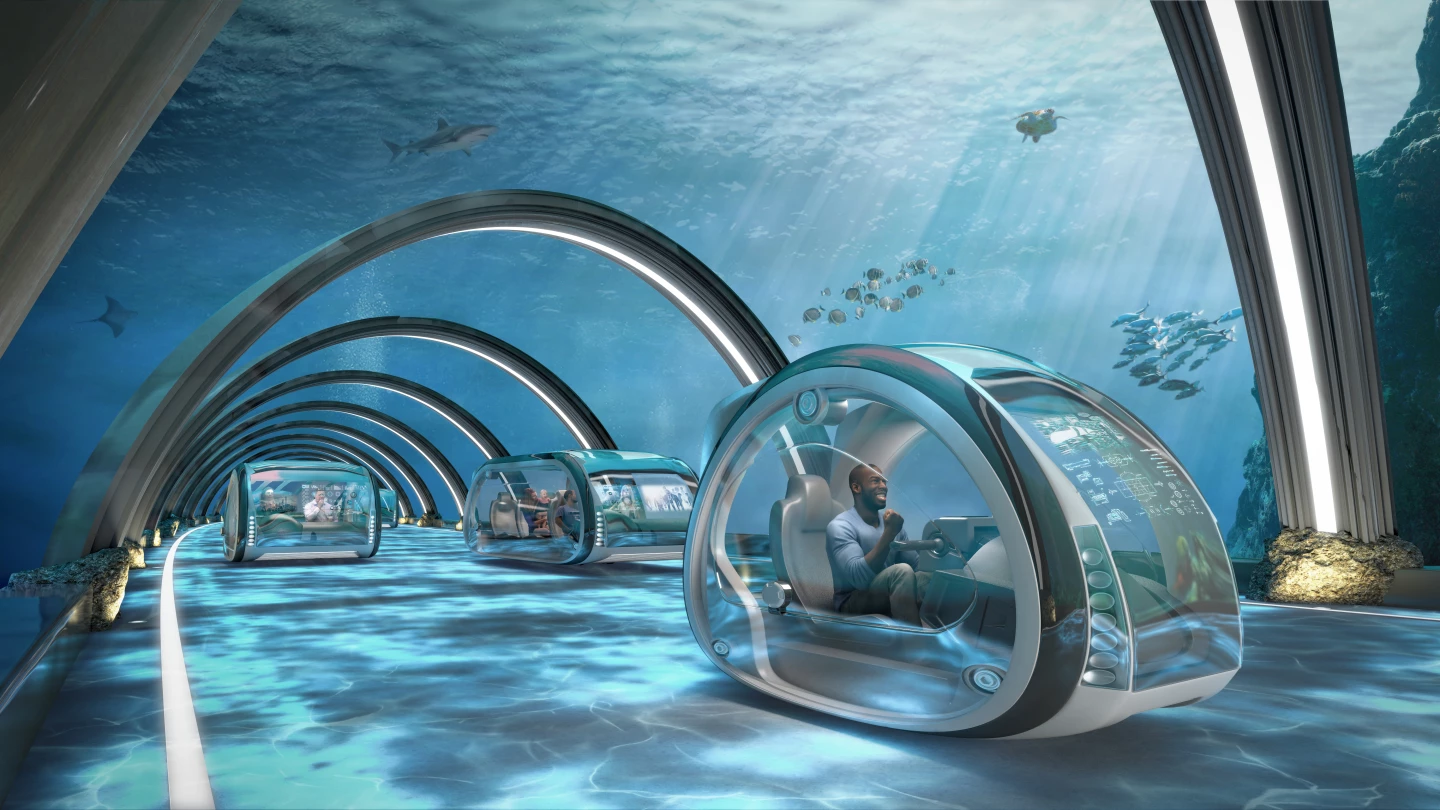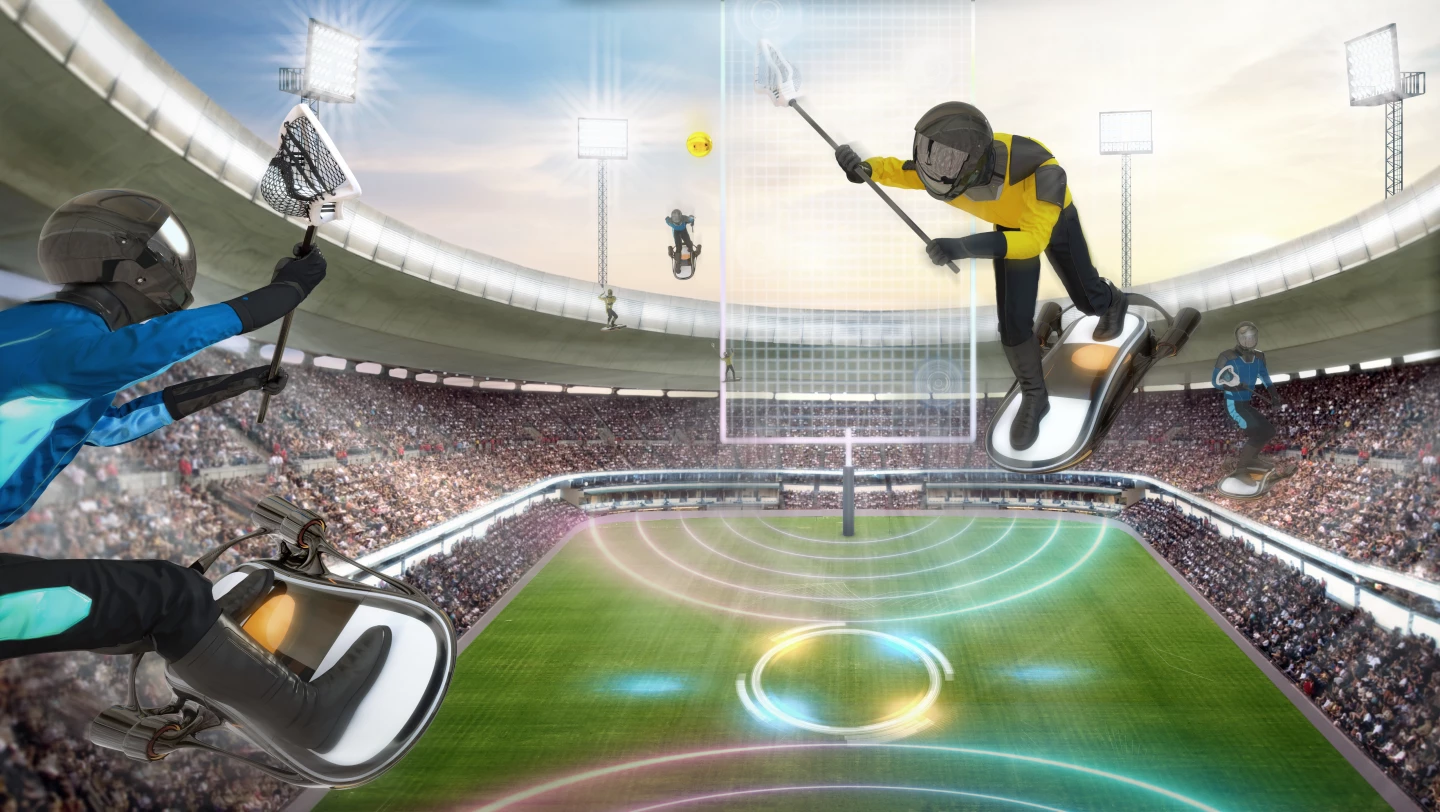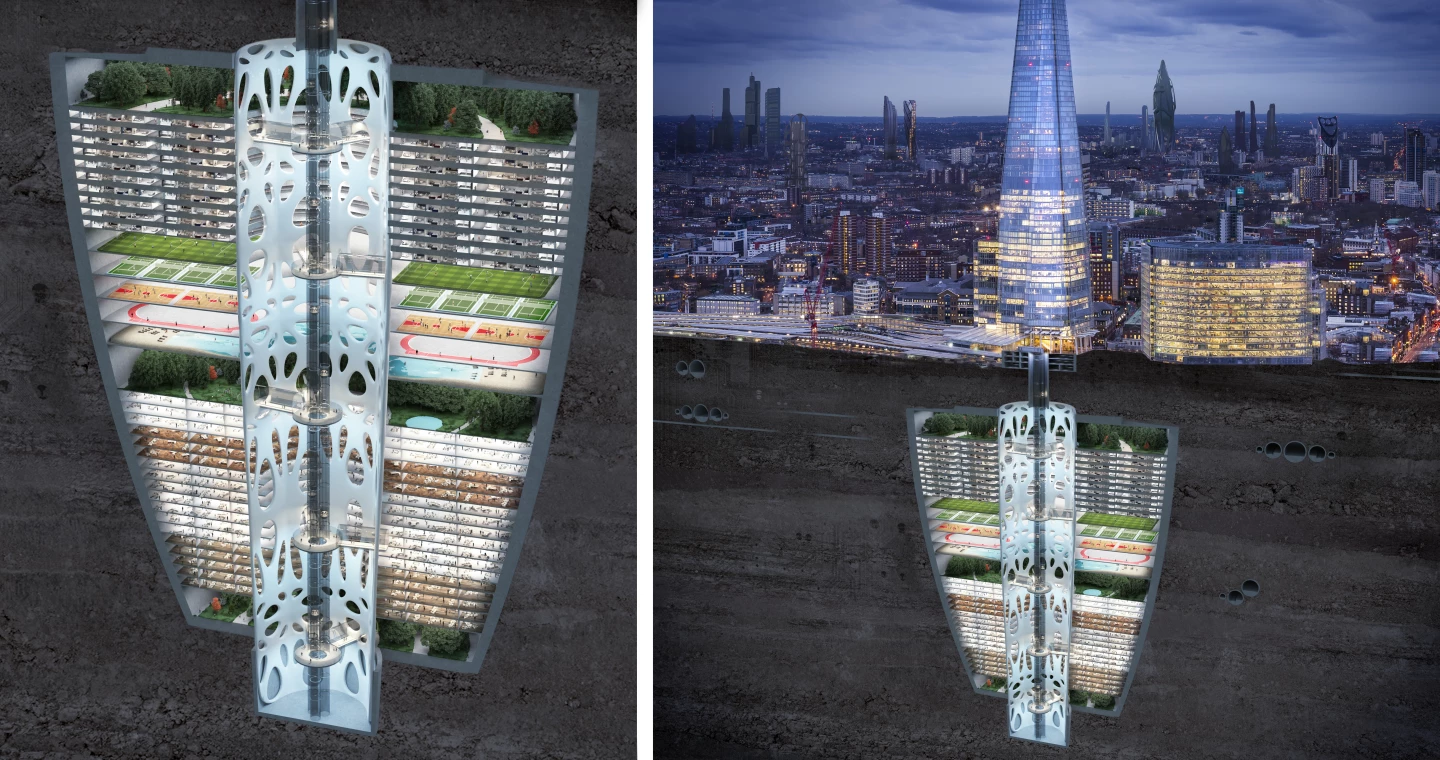Samsung is looking forward to what life might be like in the year 2069. The new report, called Samsung KX50: The Future in Focus, draws on the opinions of six of Britain’s leading academics and futurists to look at a range of new technologies that will affect people's everyday lives.
Trying to predict the future is a dodgy business that has a notoriously low success rate. If the world of 2019 was anything like past predictions, we should have flying cars, personal jet packs, robot butlers, 100 percent atomic power producing limitless energy, little bottles containing nanobots that can grow cars on the front lawn, colonies on the Moon and Mars – and all in a society that hasn't changed much since 1960, except it's a bit nicer.
Despite this, such exercises can be both entertaining and useful for looking at how to meet the challenges of tomorrow, so they're anything but a waste of time. For the Samsung KX50 report, which was released to coincide with the opening of the new Samsung KX exhibition at Coal Drops Yard, London, the company called on President of techUK, Jacqueline de Rojas; Director of Engineering and Education at the Royal Academy of Engineering, Rhys Morgan; food futurologist, Morgaine Gale; digital health futurist, Maneesh Juneja; Specialist Advisor to Innovation Design Engineering at the Royal College of Art, Dale Russel; and leading futurist, Matthew Griffin to pen essays on their take on the world 50 years from today.

Though each one focused on a different aspect of everyday life in 2069, the different visions of the panel show a remarkable consistency.
According to the report, people will be living mostly in very dense urban environments consisting of giant, self-sufficient skyscrapers that grow their own food, huge underground complexes, and even undersea colonies. Travel will be by self-driving pods that can double as hotel rooms on long trips, with travel possible between places like Britain and Scandinavia by aquatic highways. Alongside these will be autonomous air taxis that use rivers as commuter routes, hyperloops, and hypersonic airliners.
Not that there will be much traveling. For environmental reasons, most food will be grown close to home, if not in the home itself. Manufacturing will be equally local thanks to 3D printing. And, thanks to automation and artificial intelligence, most people will work in their self-cleaning homes with most of their professional and personal interactions with others conducted through means of full-feedback holographs.

That means that most people will live very sedentary lives, but they'll also be monitored by biosensors throughout the day as virtual digital companions assess their health, help doctors to prescribe treatments to keep them at peak fitness, dispense health advice, and even custom tailor diets and medicines.
People will also be encouraged to exercise by linking the skyscrapers with aerial walkways, interactive entertainment where the viewer takes an active part in things like chases and skiing, and some helpful suggestions by their virtual companions. The citizens of 2069 may even have brain implants that automatically medicate, perform repairs using nanobots, and enhance physical and mental performance. For serious cases, there could be 3D-printed organs tailored to the individual and ready on demand.
As to diet, there will be much less meat and lots more bugs, with insect takeaways a common sight – that's if there are still meals except on special occasions. Most people might just refuel with mugs of liquid nutrients throughout the day that are made out of pure chemicals.

For fun, 2069 could see a blurring between real and virtual sports. There could be flying teams on hoverboards playing real-life quidditch, or it could be a virtual experience so real that it wouldn't matter. In fact, entertainment and the internet in general could be replaced by a kind of technological telepathy that not only beams things like films into the brain, but can even read the viewer's mind and tailor the perfect, ever-changing content that involves all five senses. And if, for some reason, real life is preferred, there could be a holiday at an orbiting space hotel.
In addition to the report, Samsung conducted a poll of 2,000 British adults to ask their opinion on these advances. Only self-cleaning homes got an enthusiastic response, with 63 percent in favor of the idea. Body implants to monitor health and translate languages came in second at 43 percent, and air taxis third with 33 percent, tying with 3D-printed organs. After that, things got a bit lukewarm with space hotels getting 20 percent, insect burgers at 17 percent, and beaming entertainment into the brain at a chilly nine percent.
"The next 50 years will bring the largest technological changes and innovations we have ever seen in our work and leisure," says Rojas. "The Digital Revolution, just as the Industrial Revolution did 250 years ago, is challenging all our assumptions about how we shall lead our future lives. The new Samsung KX destination is a celebration of impressive changes enabled by technology over the last 50 years – looking ahead, we can expect to be connected to everything, and everything we do will be assisted by digital technology."
The video below showcases Samsung's vision.
Source: Samsung














